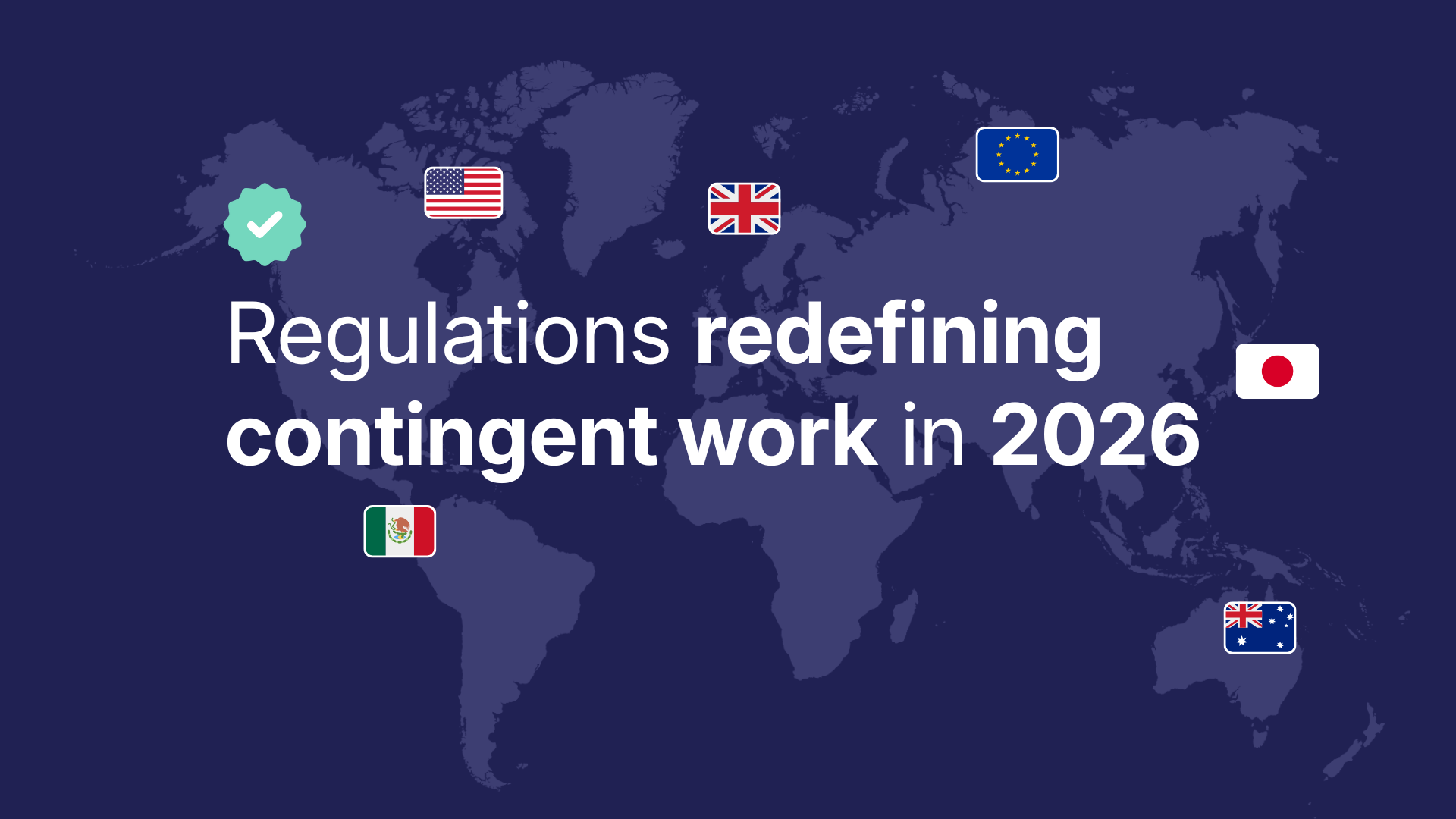Making the decision to set up a freelance business is a brave and wonderful decision but before you take the plunge, there are a few things to bear in mind. From what to invest your money in, calculating day rates and taking on sales, marketing and other tasks, we’ve put together a list of the top things you need to think about when setting up to become a freelancer.
1. Research your rates
One of the first things you must consider when going freelance is your ‘value’ and how much to charge for your services. Many freelancers start their careers in mid-weight to senior positions, so calculating a day rate that reflects that is important- mainly as your day rate will be your only source of income.
This means your rates need to cover;
- Sickness and off days
- Holidays
- Pension
- Adhoc business equipment and any other expenses
- Those quieter periods when work is less busy
We recommend first researching other contract or freelance roles being advertised on job sites like LinkedIn as well as speaking to fellow freelance peers who work in similar fields to get a feel for an average day rate.
Here at YunoJuno, we also release an annual day rate report every year to help freelancers keep up with their industry rates and add transparency for newer freelancers.
2. Start a spreadsheet
When you start out as a freelancer, you’ll want to track everything from your workload to time spent on tasks, so having a handy spreadsheet to input all the right information is another top tip. Starting a spreadsheet helps you keep a record of everything from your hours worked, invoices and overdue payments.
If you don’t work well in spreadsheets there are a number of online project management systems to try that can help you organise and keep track of your freelance business.
There are also some great online tools for time management and to-do lists so if you work best in apps, keep on top of your admin that way too.
3. Open a business account
Just as important as that first invoice is, having the right bank account for your business is essential for freelancers and makes that year-end tax return much easier for both HMRC and your accountant. There are so many business accounts to choose from and many have extra offers such as business insurance and other perks.
Separating your finances from your personal to freelance is a great way to track your expenses and keep savings aside for your annual tax bill. It’s also perfect for any monthly business outgoings and subscriptions as your accountant will have a track of any business expenses from one account.
4. Become a Sole Trader or use a Limited company for yourself
Becoming a sole trader has less admin because you operate in your own name - it's a matter of telling HMRC you've started providing services and opening a business bank account. Your taxes are based on PAYE rates too. Starting a Limited company is more admin, but there's a big advantage: legal responsibility for your services sits with your company and not you personally like it would as a sole trader. As a limited company you register at Companies House and file your accounts every year - and both you and the company will pay different taxes on profit/income. You'll very likely need an accountant too.
Choosing which business structure you wish to operate with is a big decision that can come with many pros and cons. It should be a decision you make, we always recommend talking to a professional who can provide you with advice and support you in making a decision that’s the perfect fit for you.
5. Start to find your prospective clients!
As you’ll now be aware, going freelance means having to find the work as well as complete it! So finding new clients will become part of your freelance journey. Whilst every freelance journey is different, there are various places to look for prospective clients:
- Start off by reaching out to old colleagues and companies and let them know you’ve decided to go freelance —you never know who might need your services!
- Use your social media channels and search your existing networks for any job listings. Joining dedicated communities for freelancers on social media is another great way to find work
- We’d also recommend joining a dedicated platform like YunoJuno and spending a bit of time creating an engaging profile for prospective clients. Using platforms like YunoJuno helps build confidence for new freelancers by filtering the most relevant briefs to apply for and once you’ve secured a booking, it manages timesheets and invoicing saving you time too.
- Reach out to your favourite companies or businesses you’d like to work with and email them offering your services! The worst that can happen is they say no and you won’t have lost anything in asking!
- Create an online portfolio or simple website to build your web presence and let clients find you via search engines!
6. You’ll need a reliable accountant
Another top tip is to hire a great accountant to help with your tax returns and generally keep on top of your expenses and other financial commitments. Whilst an accountant can mainly offer you advice, they provide your freelance business with the security that you’re getting the most up-to-date, relevant tax advice.
A great accountant will also help grow your freelance business and offer you the right guidance to run a successful business. And one of the best-kept secrets is you don’t need to spend loads on digital bookkeeping apps if you’ve got a reliable accountant instead!
Remember, you’re running a business!
Being a freelancer is the same as running any other business which means not working for free, recognising your value and thinking about your business holistically. It also means taking proper breaks and holidays, giving yourself pay rises and learning to say no to projects that fill you with anxiety!
Going freelance is a great move for millions of people in the UK but without doing a little research beforehand, these tips become harder lessons learned on your journey!
Are you starting your freelance journey? Join YunoJuno to choose the projects you work on, with global brands and become part of our community.







